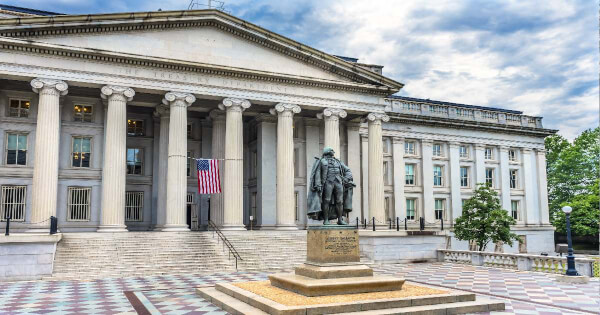Recently, four U.S. Senators Bob Casey (D-PA), Richard Blumenthal (D-CT), John Fetterman (D-PA), and Kirsten Gillibrand (D-NY) spoke deeply about the use of artificial intelligence (AI). expressed concerns. ) Scam targeting older Americans. They wrote a letter to Federal Trade Commission (FTC) Chair Lina Khan requesting more information about the FTC’s efforts to track and combat these AI-based frauds.
FTC Efforts and Inquiries
The senators highlighted the growing role of AI in fraud and fraud, particularly the fact that victims are often unaware that they are being targeted by AI due to its realistic nature. They emphasized that it is urgent to understand the extent of this threat if we are to respond effectively. The investigation asks the FTC to share how it collects data on the use of AI in fraud to ensure accurate reflection in the Consumer Sentinel Network database. The Sentinel database serves as a repository for consumer complaints, including complaints about fraud, and is accessible to law enforcement agencies..
Specific Concerns and Questions
The senators’ letter raises specific concerns about the role AI plays in exacerbating traditional scams such as family emergency scams, romance scams, business-related scams, and phishing, where AI tools such as chatbots, voice cloning, and deepfakes are used. They asked the FTC to detail how it identifies and reports AI-based fraud within Sentinel, what types of fraud are prevalent, and how the FTC itself uses AI to analyze data. They also asked the FTC to identify generative AI scams that victims may not notice.
The letter comes after a broad crackdown by federal agencies on harmful uses of AI. The FTC, along with other agencies such as the U.S. Equal Employment Opportunity Commission, the Department of Justice, and the Consumer Financial Protection Bureau, announced a joint pledge to combat harmful uses of AI. Senators are seeking additional information about the FTC’s understanding of recent AI fraud developments, the prevalence of such fraud, steps it is taking to protect older Americans, and whether the FTC will update its training materials to reflect these growing risks .
Image source: Shutterstock

